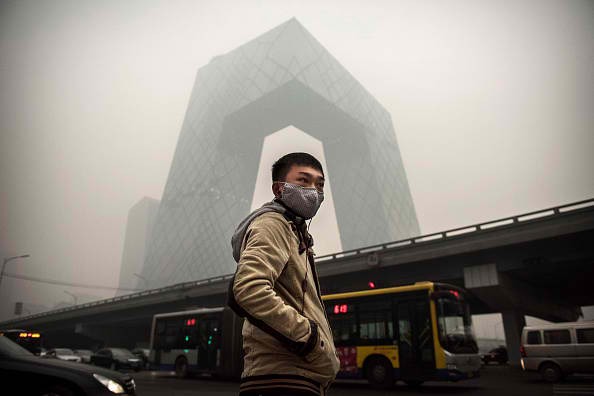To combat China’s massive smog problem in the northeast corridor, Beijing announced plans to cut coal use by 30 percent this year--a bold move that would entail the government to assist residents in using clean energy as well as apply it as an alternative to other uses.
Reuters reported that staunch measures against smog have yet to produce concrete results, with several of China's northeast cities still reeling on the effects of air pollution throughout this winter, prompting school closures and flight disruptions, among many others.
Winter has particularly become a problematic time for China concerning its smog problem, considering that several people turn to coal for their heating needs, consequently producing air pollutants that help build up smog, apart from frequent car usage and industrial activities.
Beijing mayor Cai Qi vowed to help stop the scourge inflicted by air pollution through conscious efforts to cut down on smog, specifically through a proactive role in helping residents of the capital's 700 villages to make the switch to clean energy.
Understandably, promoting clean energy to all residents would result in a costly conundrum, given that the Chinese government's electric heating plan for Beijing is costlier to maintain compared to using coal during winter--a traditional choice among the capital's low-income residents.
Cai expounded that Beijing plans to remove around 300,000 old vehicles off its streets and promote clean-energy cars as alternative, as further measures to help ease northeast China's troublesome air quality. He emphasized as well the need for regional cooperation, since surrounding cities are also responsible.
According to Environmental Protection Minister Chen Jining, automobile emissions constitute 31.3 percent of pollutants in Beijing--the largest ratio of its kind compared to Shanghai's 29.2 percent and Hangzhou's 28 percent.
Moreover, Cai emphasized that an environmental police force would be necessary to rid Beijing of its smog problems, considering that enforcement has been a glaring problem of the Chinese government as of late regarding China's smog problem.



























